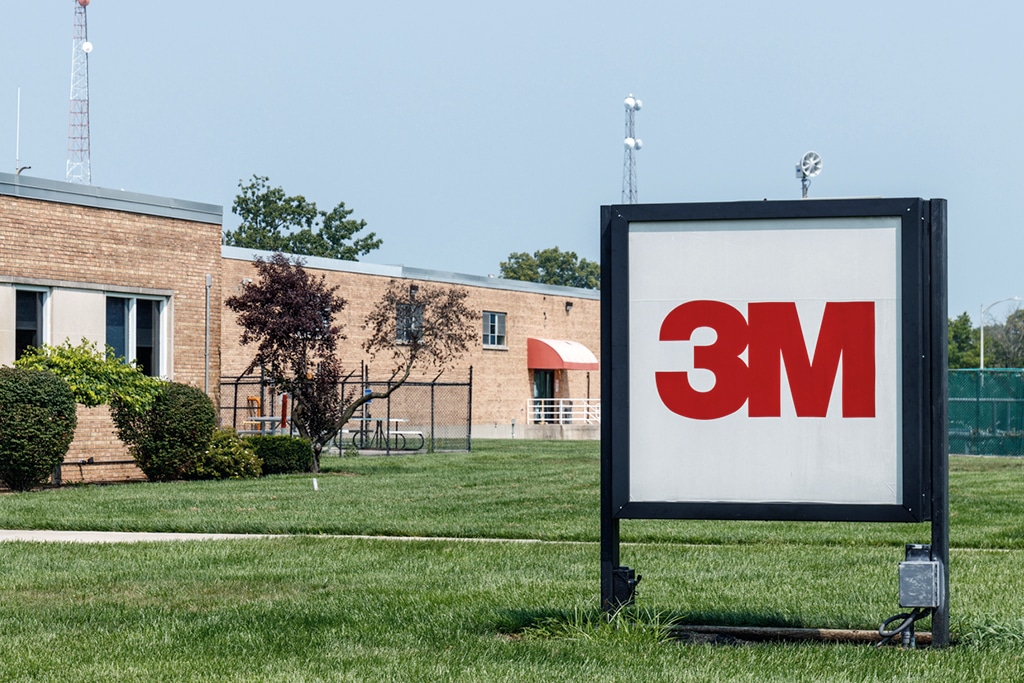Coming out of the pandemic, we find many changes in the way we work and travel, for better or for worse. How we view work, for one. How we view travel, for another. And how we’ve realised that everything is interrelated, and thus how we now treasure relationships.
As Larry Fink, chairman of investment management corporation BlackRock, puts it: no relationship has been changed more than the one between employees and employers.
Remote working has proven to be a boon to businesses and a bane to people. And in this new era, keeping employees engaged is a top priority for many companies.
Bring people together with business travel
Business travel ground to a halt during the pandemic, and many companies made do without it. Work shifted online, and we now have people questioning its wisdom, and whether it was even necessary in the first place.
Ironically, it’s more critical now than ever. James Parkhouse, CEO of UK-based travel, meeting and event specialist Agiito, emphasises the value of business travel. Business travel benefits companies by:
- Informing employees’ experience of a company’s culture
- Maintaining connections and social capital
- Encouraging collaboration, creativity, choice, and empowerment
Let’s see how this works.
1. A work travel programme to foster company culture
In any given company, how the work gets done is indicative of its culture.
Going to the office, attending face-to-face meetings, and sitting at shared desks, are all crucial to the employee experience. Indeed, having lunch with colleagues and engaging in water-cooler talk also informs you of the company’s culture.
It’s no surprise that employee engagement drops when work becomes fully remote. Isolation leads to alienation, which leads to dissociation from a company’s vision and goals. An unhealthy culture, so to speak.

Now, it appears that work-from-home arrangements may be here to stay. Following this is a practice of arranging periodic catch-up meetings. We can think of this as a redefined form of business travel in lieu of daily interactions.
Teams can go on a ‘business trip’ at intervals—weekly, monthly, or quarterly—with the express purpose of building relationships. It may even be beneficial to implement this as an official work travel programme.
Getting together on a regular work trip allows teams to interact with the people they work with. This is all the more important for new employees to better understand their team dynamics and, ultimately, the company’s culture.
2. Work trips to nurture social capital
Social capital is defined as the networks of relationships, among people working in a society that enables that society to function effectively. Much like how different teams of individuals work together toward a company’s goals.
In a survey conducted by Names & Faces, an HR indexing software, it was found that pre-existing relationships inform much of the work being done in a team. With the rise of remote work and a drop in human interaction, these relationships have become invisible and abstract.
This affects new employees and even introverted teammates who tend to keep quiet in online meetings and group chats. As time passes, they may feel less visible, less active, and doubtful of their purpose and position. This has to be actively prevented.



A good sign of substantial social capital is when colleagues become friends.
Indeed, friendships influence performance. The book Social Chemistry by Marissa King highlights that teams of friends perform more efficiently with higher job satisfaction. At the very least, having supportive co-workers helps increase idea-sharing, confidence, and learning. All of which reduce stress and improve work-life balance.
As we can see, social capital needs to be nurtured. And it can be proactively initiated by employers through purpose-driven work trips that enable conversations and relationships to thrive.
3. Culture and social capital encourage collaboration
With a strong culture and social capital, it becomes possible to unlock higher levels of employee engagement. Here, we’ll look at examples from two world champions of collaboration and creativity.
3M is a company known worldwide for innovation. And how it innovates is through collaboration. A report by Harvard Business Review offers a glimpse at how 3M has established centres and forums dedicated to turning ideas into solutions and products.
(Incidentally, the process involves a relationship between scientists, engineers and customers—that’s social capital in action.)



A story goes that 3M research chemist Spencer Silver failed in developing a strong adhesive meant for building aircraft, but unintentionally created a weak adhesive. On the other hand, chemical engineer Arthur Fry had the problem of losing his bookmark while singing in a church choir.
Thanks to a Technical Council, part of 3M’s culture of innovation, these colleagues had the chance to come together to create a novel product. Thus the Post-it note was launched in 1980. And billions are still sold annually.
A more recent example would be Apple. A paper titled “How Apple is Organised for Innovation” illustrates how many teams of people had to collaborate. Not just for a product, but for just one feature of a product—specifically, the iPhone’s Portrait Mode.
The idea of Portrait Mode led to changes in the blurring effect on photos to mimic the result of professional cameras. The sensor software and UX team discovered that the blur would not work in certain conditions.
The design team proposed having the algorithm seek out the subject’s eyes, which solved the problem. The human interface team insisted on a live preview function. And the video engineering team developed the software to address that.
The marketing team sold Portrait Mode as a key feature of the iPhone 7 Plus. And the extensive collaboration evidently paid off, as it’s still a cornerstone of later iterations and of the iPhone experience as a whole.
Using business travel to maximise opportunities
From these examples, it’s clear that in-person interactions are crucial to culture, collaboration, innovation, and beyond. The responsibility falls to employers to create a conducive environment for all of that to happen.
This post-pandemic era is marked by a new norm of remote and hybrid work and travel arrangements. Just the right opportunity to stretch the value of work trips and take your business further.
WANT AN EFFECTIVE WORK TRAVEL PROGRAMME?
REACH OUT TO US AT +603 2303 9100 (PRESS 3) OR [email protected]
You may also be interested in:

